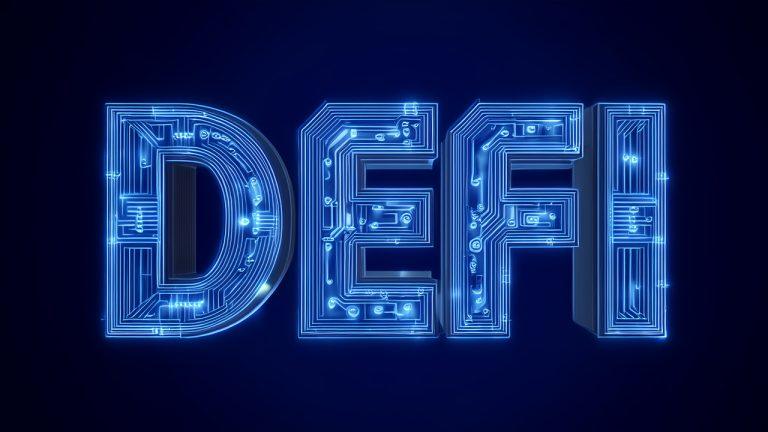 Currently, the total value locked (TVL) in decentralized finance (defi) stands at $82.2 billion, with Ethereum hosting a commanding 57.24% of that amount. Hot on its heels, Tron and Solana take the second and third spots for the largest TVLs today. Ethereum Reigns Supreme in Defi With 57% of Total Value Locked Despite ethereum (ETH) […]
Currently, the total value locked (TVL) in decentralized finance (defi) stands at $82.2 billion, with Ethereum hosting a commanding 57.24% of that amount. Hot on its heels, Tron and Solana take the second and third spots for the largest TVLs today. Ethereum Reigns Supreme in Defi With 57% of Total Value Locked Despite ethereum (ETH) […]

The TVL across real-world asset tokenization protocols has surged almost 60% since February, says blockchain analytics firm Messari.
Real-world asset tokenization protocols have seen explosive growth over the last year with the total value locked (TVL) across the sector surging to a new all-time high.
In a May 1 post to X, blockchain analytics and research firm Messari wrote that TVL for real-world asset (RWA) protocols had spiked to almost $8 billion as of April 26.
The analytics firm shared that RWA protocols had witnessed “a remarkable resurgence,” over the past year, adding that the sector’s growth had been driven by a “market preference for debt-based, high-yield investments.”

Discover the contrasting functions of DApps and protocols in the blockchain world, and gain insights into how they contribute to the growth of decentralized technologies.
In recent years, the rise of blockchain technology has paved the way for groundbreaking innovations in the realm of decentralized systems. Among the revolutionary concepts are decentralized applications (DApps) and protocols. While both are integral components of the decentralized ecosystem, they serve distinct purposes and play different roles.
This article explores the contrasting characteristics of DApps and protocols, shedding light on their respective functionalities and importance in the world of decentralized technologies.
Software programs that run on a decentralized network of computers rather than a centralized server are known as decentralized applications or DApps. They make use of blockchain technology to guarantee immutability, security and transparency.
Like traditional applications, DApps are designed to have front-end and back-end components. Users can interact with the application using the front-end interface, while the back-end, also known as the smart contract, is deployed on the blockchain. The smart contract executes the application’s logic and securely handles data.
The decentralized structure of DApps sets them apart. As a result, there is no single point of failure because they do not rely on a single organization or central authority. The blockchain network distributes transactions and data, making them unchangeable and censorship-resistant.
Related: What is DeFi? A beginner's guide to decentralized finance
Protocols, in the context of blockchain and decentralized technologies, refer to the underlying sets of rules and standards that define how the network operates. They provide the foundation for DApps to function and communicate effectively within the ecosystem.
The rules for data validation, consensus processes, and the network’s node-to-node communication protocol are all established via protocols. They make sure that everyone follows the same rules and can rely on the data exchanged within the system.
Related: Is blockchain technology ready for high-storage applications?
DApps are end-user applications that provide specific services and functionalities within the decentralized ecosystem. Protocols, on the other hand, serve as the underlying rules and standards that govern the entire decentralized network and enable seamless interactions between DApps.

Overall, DApps and protocols are driving the revolution toward a decentralized future, transforming various sectors and fostering innovation in the blockchain space.
Collect this article as an NFT to preserve this moment in history and show your support for independent journalism in the crypto space.
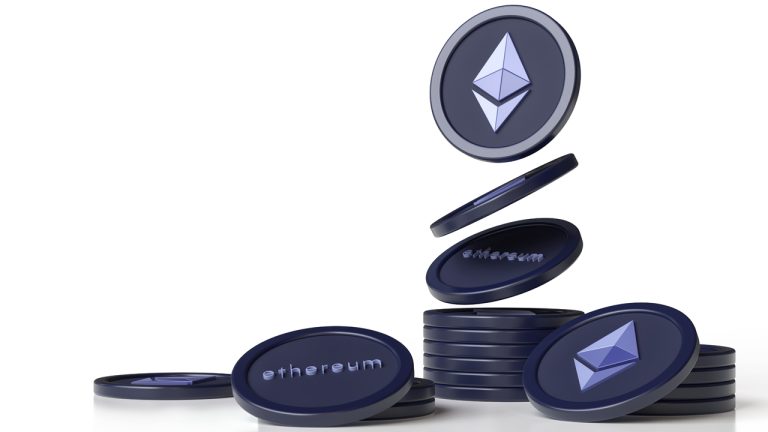 It has been a week since Ethereum’s Shapella hard fork, and statistics indicate that ethereum deposits on April 18 have exceeded withdrawals for the first time since the upgrade. At present, 929,999 ether worth $1.94 billion is pending withdrawal, and over the past three days, 112,568 ether has been added to liquid staking protocols. Just […]
It has been a week since Ethereum’s Shapella hard fork, and statistics indicate that ethereum deposits on April 18 have exceeded withdrawals for the first time since the upgrade. At present, 929,999 ether worth $1.94 billion is pending withdrawal, and over the past three days, 112,568 ether has been added to liquid staking protocols. Just […] The total value locked (TVL) in decentralized finance (defi) has risen above the $50 billion mark after falling below the range throughout most of March. At present, the value locked in defi is approximately $50.34 billion, up 1.97% over the past 24 hours.
Defi Value Swells Close to 2% Higher to Over $50 Billion
[…]
The total value locked (TVL) in decentralized finance (defi) has risen above the $50 billion mark after falling below the range throughout most of March. At present, the value locked in defi is approximately $50.34 billion, up 1.97% over the past 24 hours.
Defi Value Swells Close to 2% Higher to Over $50 Billion
[…] As of Feb. 7, 2023, the value locked in 11 Ethereum-based liquid staking protocols has risen above $11 billion, with Lido, Coinbase, and Rocket Pool recording 4-10% gains over the past month. Lido holds more than 73% of the total value locked (TVL) out of the 6.87 million ether held by the 11 liquid staking […]
As of Feb. 7, 2023, the value locked in 11 Ethereum-based liquid staking protocols has risen above $11 billion, with Lido, Coinbase, and Rocket Pool recording 4-10% gains over the past month. Lido holds more than 73% of the total value locked (TVL) out of the 6.87 million ether held by the 11 liquid staking […]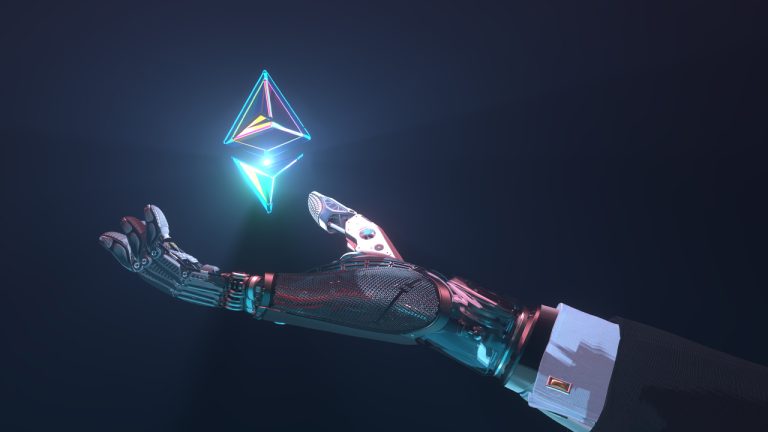 Trends show that artificial intelligence (AI) will be a major topic in 2023, as data indicates a surge in interest. Since interest peaked and Microsoft invested billions into Chatgpt, demand for AI-focused cryptocurrency projects has risen dramatically. For example, the crypto project Fetch.ai has seen its native token FET rise 212% in the past 30 […]
Trends show that artificial intelligence (AI) will be a major topic in 2023, as data indicates a surge in interest. Since interest peaked and Microsoft invested billions into Chatgpt, demand for AI-focused cryptocurrency projects has risen dramatically. For example, the crypto project Fetch.ai has seen its native token FET rise 212% in the past 30 […]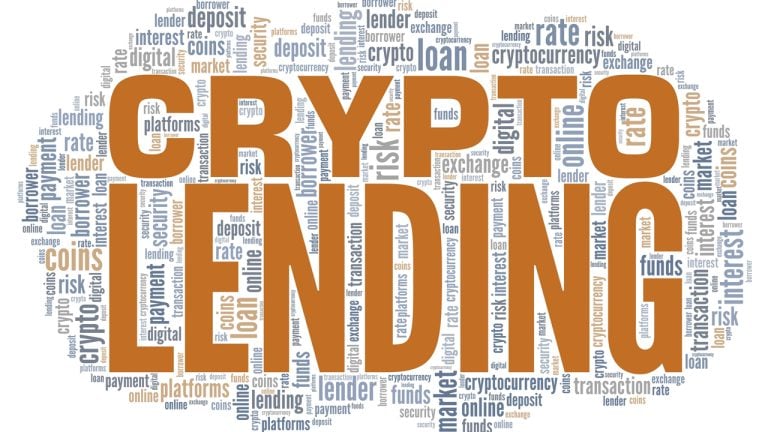 Decentralized finance (defi) has continued to remain deeply ingrained in the cryptocurrency economy as the ecosystem provides users with a non-custodial way to exchange digital assets, lend cryptocurrencies, issue stablecoins, and ways to profit from arbitrage. In the lending sector of defi, a lot has changed during the last 12 months as lending applications like […]
Decentralized finance (defi) has continued to remain deeply ingrained in the cryptocurrency economy as the ecosystem provides users with a non-custodial way to exchange digital assets, lend cryptocurrencies, issue stablecoins, and ways to profit from arbitrage. In the lending sector of defi, a lot has changed during the last 12 months as lending applications like […]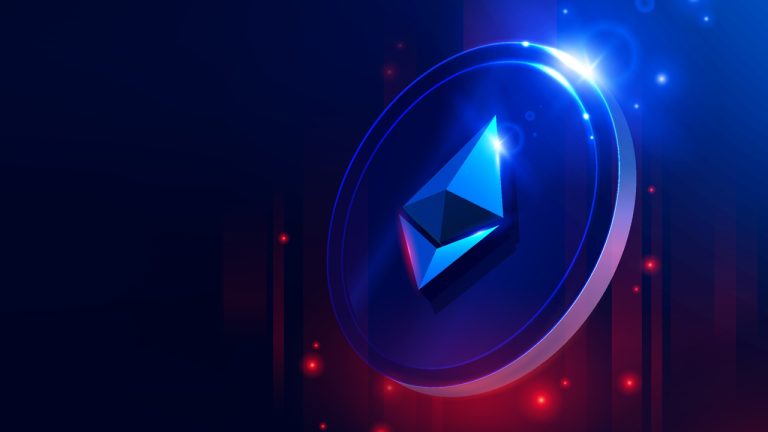 On Friday, the Web3 wallet firm Metamask, a subsidiary of the Ethereum-centric company Consensys, announced the beta launch of ethereum staking features will be made available via Lido’s or Rocketpool’s liquid staking services. Users who want to stake ethereum and earn staking rewards can select one of the staking providers within the Metamask Web3 wallet’s […]
On Friday, the Web3 wallet firm Metamask, a subsidiary of the Ethereum-centric company Consensys, announced the beta launch of ethereum staking features will be made available via Lido’s or Rocketpool’s liquid staking services. Users who want to stake ethereum and earn staking rewards can select one of the staking providers within the Metamask Web3 wallet’s […]
Hunting for the best opportunities in the world of DeFi is often time consuming. But automation is changing that.

Few doubt the potential that DeFi has to redefine crucial aspects of finance for all. But, as it stands, using DeFi platforms and protocols is often time consuming and anything but easy.
One of the biggest draws of DeFi are the yields users can earn on farming and staking protocols. However, the yields on offer are constantly changing, meaning crypto enthusiasts need to stay locked to their screens to ensure they aren't missing out. Given the 24-hour nature of this fast-moving industry, keeping on top of things is often easier said than done.
Some protocols are also pretty difficult to use, requiring users to monitor a plethora of different pools. And even when you find the best returns that the market has to offer, the process of manual compounding can be quite tedious.
In search of growth, DeFi traders often have to switch between different blockchains and delve into pools that lack liquidity. Not only can this be pretty expensive once transaction fees are accounted for, there are safety concerns to consider too.
Given that part of the push behind decentralized finance is bringing money into the 21st century, one has to ask: Why isn't this sector more automated? Where are the tools that can do all of the heavy lifting on the user’s behalf? And if aggregator sites can scour the market for the best deals on things like car insurance and flights, surely there can be one keeping track of DeFi too?
Now there is — and it's saving crypto enthusiasts a lot of time and energy. This means they can focus on the things they're truly passionate about. Better still, it's a tool that's ripping down the high entrance barriers that have undoubtedly put off some tech-savvy consumers from getting involved in the first place.
Earlier this year, research by Morning Consult suggested that just 77% of those who own crypto had actually heard of decentralized finance, and that figure is at just 31% among non-crypto owners. All of this suggests there are huge strides to be taken in demystifying DeFi, and ensuring it's accessible to the masses.
UNO aims to tackle this by taking the grunt work out of DeFi once and for all, meaning that consumers can "just deposit and relax."
It offers a new approach called Autostrats that achieves two things. First, it automatically compounds crypto holdings to naturally enhance annual percentage yields. And second, it continually moves assets to the highest APY sources available — irrespective of whether this involves a switch across trading pairs, pools, protocols or blockchains.
Ultimately, Autostrats is positioning itself as a crypto enthusiast's best chance of unlocking everything that the world of DeFi has to offer by maximizing efficiency and eliminating that dreaded sense of FOMO.
Speaking to Cointelegraph, the UNO team compared this evolution to the switch from coal to petrol, which once transformed the world we live in. The project believes it has found the silver bullet for usability that will entice millions of consumers around the world to finally experience DeFi's potential.
Of course, automation should never be regarded as a replacement for keeping a close eye on how your capital is performing and that's why UNO has placed a heavy emphasis on providing its users with the tools they need to scrutinize their portfolios.
Handy analytics offer at-a-glance insight into the current state of the market, and the impact this has had on funds. Crucially, funds can also be redeemed at any time — along with the interest that's been accrued to date. The fact that UNO offers all of this in one place is a big benefit, especially considering how much time it would take to analyze profits and losses across an array of different protocols quickly. Transparency is another key tenet of this platform, meaning users can monitor liquidity transfers and see where their funds are going.
UNO says it is proud to have been backed by some of the biggest names in the space, too — Polygon, Aurora, Axelar, Everscale and Chainlink among them.
The project offers a range of easy-to-understand explainers on its website, breaking down how DeFi works, the risks associated with these protocols, and step-by-step tutorials concerning UNO's features and how to make the most of them.
For beginners and experts alike, this is a team determined to defy DeFi’s current limitations.
Disclaimer. Cointelegraph does not endorse any content or product on this page. While we aim at providing you with all important information that we could obtain, readers should do their own research before taking any actions related to the company and carry full responsibility for their decisions, nor can this article be considered as investment advice.